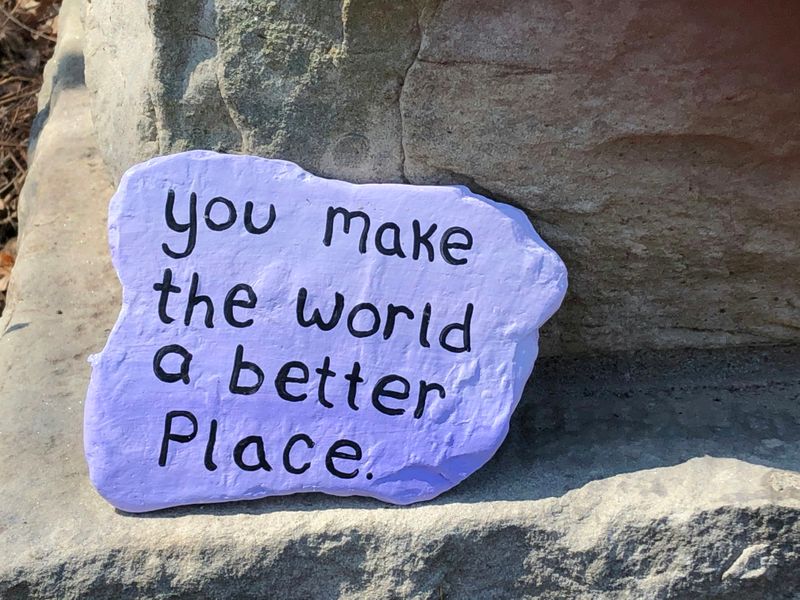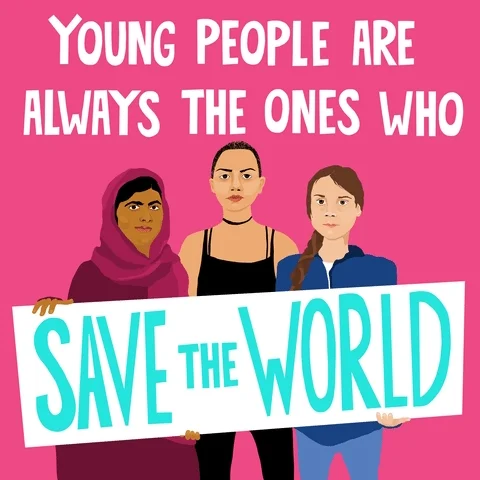
The fight against poverty and climate change begins with you!
Do you feel a deep urge to create a positive impact — whether through climate justice, poverty reduction, or building an equitable society? Join the club!
As a sustainability practitioner, I’ve seen firsthand how powerful this field can be in shaping a better future.
Curious about what it means to do a program in sustainability studies? Learn whether this path might be right for you.
Why take sustainability studies?
Do you think sustainability studies is ONLY about the environment? Nope!
The cool thing about sustainability studies is that it's an interdisciplinary field, with many possible avenues.
Doing a program in sustainability studies will immerse you in a range of topics and tools to help address challenges in our environment, society, and economy.
Take a look at the 17 Sustainable Development Goals, a set of goals agreed upon by 193 countries that focus on solving our biggest problems.
 Image courtesy of the United Nations
Image courtesy of the United Nations
As you can see in the image, a program in sustainability studies can help you learn to:
contribute to fighting the ongoing climate crisis
help fight poverty, hunger, or inequity
develop quality education programs
...and much more!
Some roles you could end up in after your program...
sustainability consultant for a tech company
leading sustainability initiatives for corporations
developing programs that promote diversity, equity, and inclusion in workplaces and communities
advocating for policy changes to support sustainability, and
supporting local communities through grassroots efforts
The possibilities are endless! Taking this path can lead you to impactful work in any industry that you're interested in.
What will you learn?
Programs in sustainability studies teach you various subjects, tools, and frameworks needed to work in the field.
 Knowledge
Knowledge
science of sustainability and climate change
history and trends in sustainable development
regulatory frameworks locally and globally
sustainability reporting and communication
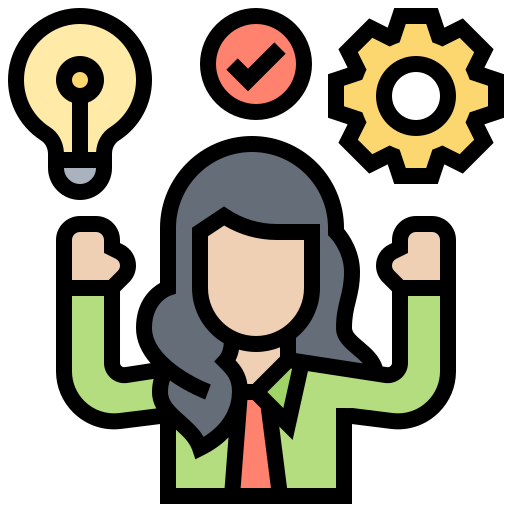 Skills and Tools
Skills and Tools
leadership
consultation and strategy
change management
program evaluation
systems thinking
data analysis
research and policy advising
stakeholder engagement
Quiz
You're in a sustainability studies program and are working towards launching your own tech startup for sustainability. What courses should you select in their program?
Where are some career paths after sustainability studies?
In my career as a sustainability practitioner, I landed roles in corporate, research, and non-profit organizations.
Below are some personas (from real friends!) of possible paths you can take. Knowing these can help you structure your program once you start!
 The Sustainability Generalist
The Sustainability Generalist
Jane is corporate sustainability executive. She drives the strategy of the company to improve their environmental impact and contribution to society. She works with different departments who lead initiatives in their own teams.
What Jane is good at:
Managing projects to make things happen
Leading teams effectively
Connecting people and resources to achieve a common goal
People like Jane can also lead sustainability in public service, universities, and non-profit organizations.
A Day in the Life of a Sustainability Generalist 🎥
Indrie is a sustainability generalist, serving as a consultant in a professional services firm.
The Sustainability Specialist
 Joe is an exceptional environmental engineer. He ensures that his organization does not harm the environment. He knows how to address technical issues such as pollution, and finds ways to reduce their negative impact.
Joe is an exceptional environmental engineer. He ensures that his organization does not harm the environment. He knows how to address technical issues such as pollution, and finds ways to reduce their negative impact.
What Joe is good at:
Applying highly technical skills to his work
Understanding the causes of problems
Finding ways to become better at his craft
People like Joe can also specialize in other fields like climate science, human rights, data management, media and the arts.
A Day in the Life of a Sustainability Specialist 🎥
Jackson is a sustainability specialist at a chemical and consumer goods company.
What does the study path look like?
It depends! When I took my studies, I had a bachelor's degree in business and took a master's program in sustainability management right after my program, and before my first corporate sustainability job. Here are some of the questions I often get asked.
What will my learning experience look like? Expect a mix of readings to help you understand the foundations of sustainability, projects that involve working with actual organizations, and field work to expose yourself to real-world cases.
 Photo by Cookie the Pom on Unsplash
Photo by Cookie the Pom on UnsplashIs getting a bachelor's degree enough? To get into the career, definitely. There are bachelor's programs that are already focused on sustainability that can give you an edge with employers. However, sustainability is always evolving, so later on, you'll have to upskill.
What if there are no available degrees specific to sustainability? Other programs that you can look at are environmental science, ecology, development studies, and other similar courses. In my case since I had a business degree, I took electives in sustainability.
Do I need a master's/PhD degree? I took my master's degree immediately because I came from a business degree that did not integrate sustainability in my classes yet. If you are in the same boat, taking a post-graduate program will allow you to improve your credentials or specialize. Note though that studying further requires real commitment! Check out this this Byte on advice if your considering a post-graduate degree.
How about certificate or private educational programs? You can also look online for courses offered to current professionals by schools or other institutions. This is also a good option later on to upgrade your knowledge! However, it's important that you assess the learning objectives of these programs and ensure that they match your goals.
How do you prepare for a study program?
Find a relevant program for you. Research the schools and programs they offer on sustainability. Look at the course pages to see the topics that you will learn.
Speak to current students and alumni. Learn about their experience! LinkedIn can help you find them.
Read books and watch videos on sustainability. Our Common Future, a publication from 1987, is a good place to start!
Take online courses. UN SDG:Learn provides free and self-paced lessons on different topics related to the Global Goals.
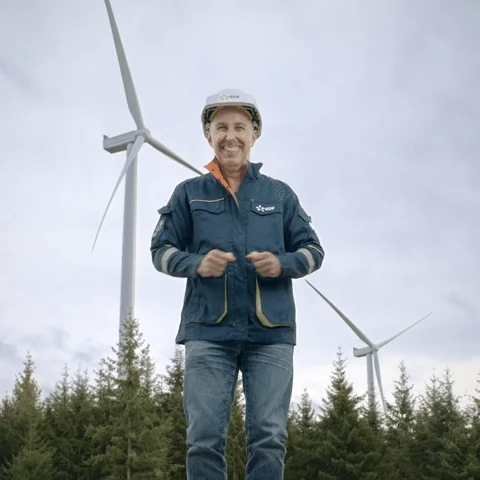
How do you succeed in the program?
Ready to make a difference? Here are some tips to help you prepare for the program.
1. Take courses that match your strengths.
Do you like data? Explore courses in sustainability data management and analysis
Are you an excellent communicator? Check out courses on green marketing, change management, and stakeholder engagement.
Does leading come naturally to you? You can hone this by taking sustainability leadership courses.
 Photo by Mateusz Wacławek on Unsplash
Photo by Mateusz Wacławek on Unsplash2. Be a learner.
Sustainability is always evolving and you have to be a constant learner. Outside the courses you will take, keep yourself updated with current events, research, and trends. As you learn more, you will also discover specific fields of interest like:
climate data science
exploring AI and supply chains
using communication to drive behavior change.
The list goes on!
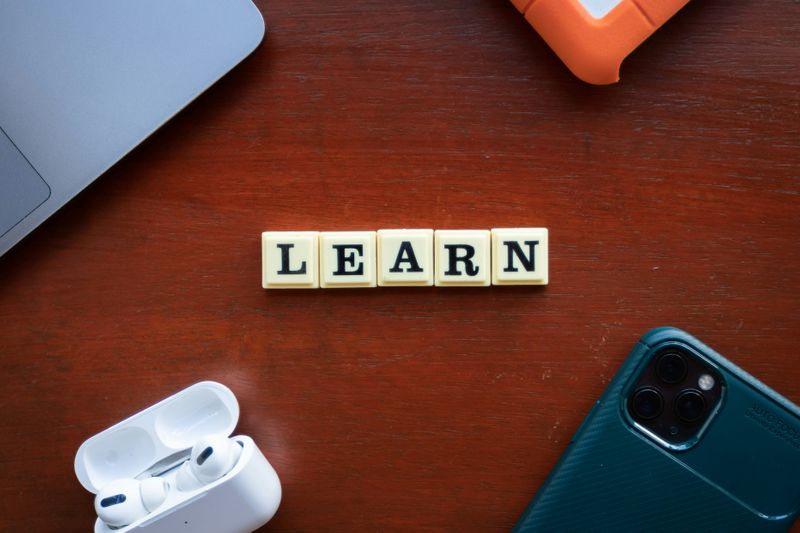 Photo by Ling App on Unsplash
Photo by Ling App on Unsplash3. Get experience.
Alongside your study program, explore ways to get practical experience and deepen your purpose as you take the program. You can gain experience through:
Internships from companies
Volunteering for charity or non-profit organizations
Starting your own initiatives
Keep an eye out and develop a strong network of mentors and peers.
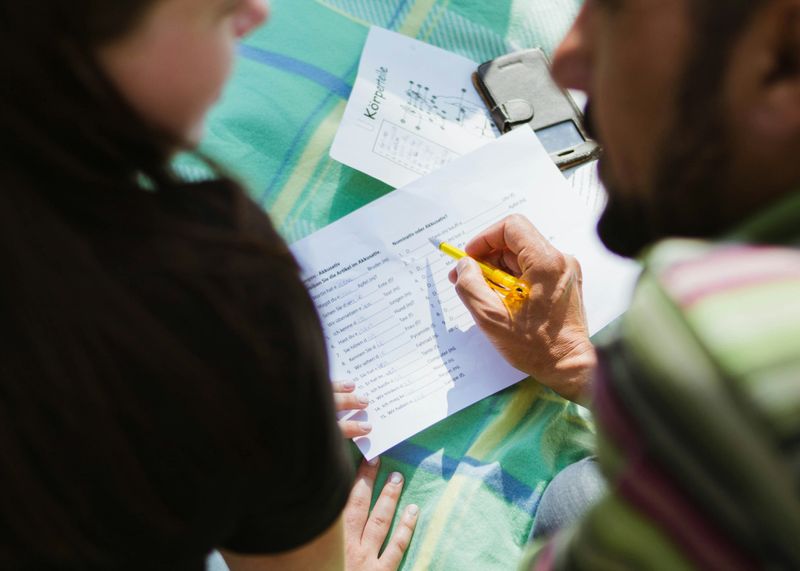 Photo by Annika Gordon on Unsplash
Photo by Annika Gordon on UnsplashQuiz
Ed is about to graduate from a bachelor's degree in sustainability and wants to work in climate policy. What options can help Ed gain experience in the field?
Take Action
Your feedback matters to us.
This Byte helped me better understand the topic.

